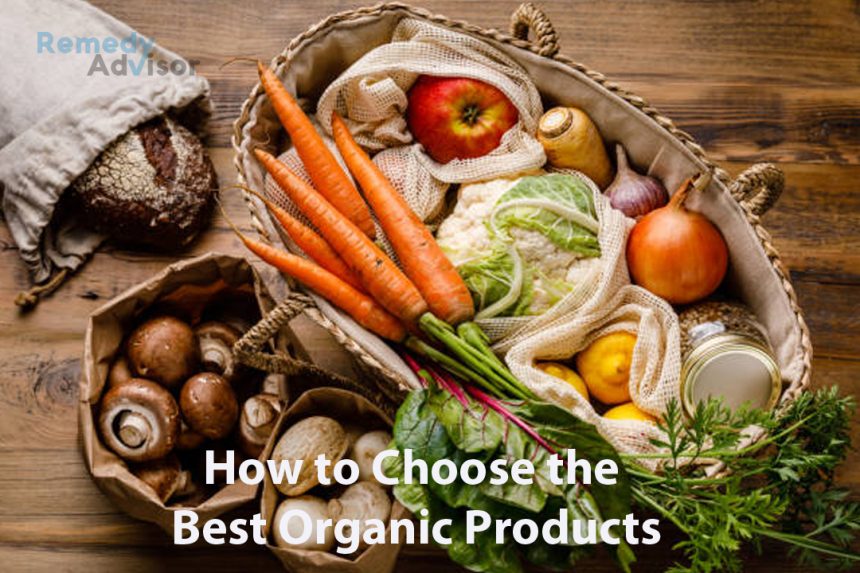It is important to look for labels that say “certified organic” when choosing foods that were grown using organic methods. This certification means that the food was grown according to strict, consistent rules that were checked by private or state-run groups. As part of the certification process, farms and processing plants are inspected, detailed records are kept, and the soil and water are tested for pesticides to make sure that growers and handlers are following government rules.
However, there are a few areas where the standards for organic certification may be slipping, particularly in regards to dairy products and the labeling of some packaged foods.
If you want to help local farms and farmers, you could buy their goods at farmers markets, local markets, or from services that deliver to your home. Due to the cost of certification, many smaller farms can’t say that their products are “organic,” but they may still avoid using pesticides and chemical fertilizers. By talking to these farmers, you can find out more about how they raise their crops and make better choices about the food you buy.
Sometimes you might see the words “transitional organic” on a label. This means that the food was grown on a farm that recently switched from using chemical sprays and fertilizers to organic farming methods or is in the process of making the switch. It’s a good idea to help these farmers all the time.
If your budget doesn’t allow you to buy everything organic, it’s best to avoid the worst offenders. According to the Environmental Working Group, conservatively cultivated fruits and vegetables vary in their levels of pesticide deposit. Some veggies like asparagus, onions and broccoli, and fruits and vegetables with thicker skins, like avocados, bananas, and oranges, tend to have less pesticides than other fruits and vegetables (if you don’t count the skin or peel). But you should know that some fruits and vegetables can have a lot of pesticides on them. Every year, the Environmental Working Group puts out a list of the “Dirty Dozen” vegetables and fruits and positions them from worst to best.
If you can’t find the organic food you want, you can ask your grocery store to carry it or look for small-scale farmers in your area and visit farmers’ markets when the food is in season. Many small farms don’t have the money to use as many chemicals as big commercial farms do. You could also order organic food through a mail-order service.







